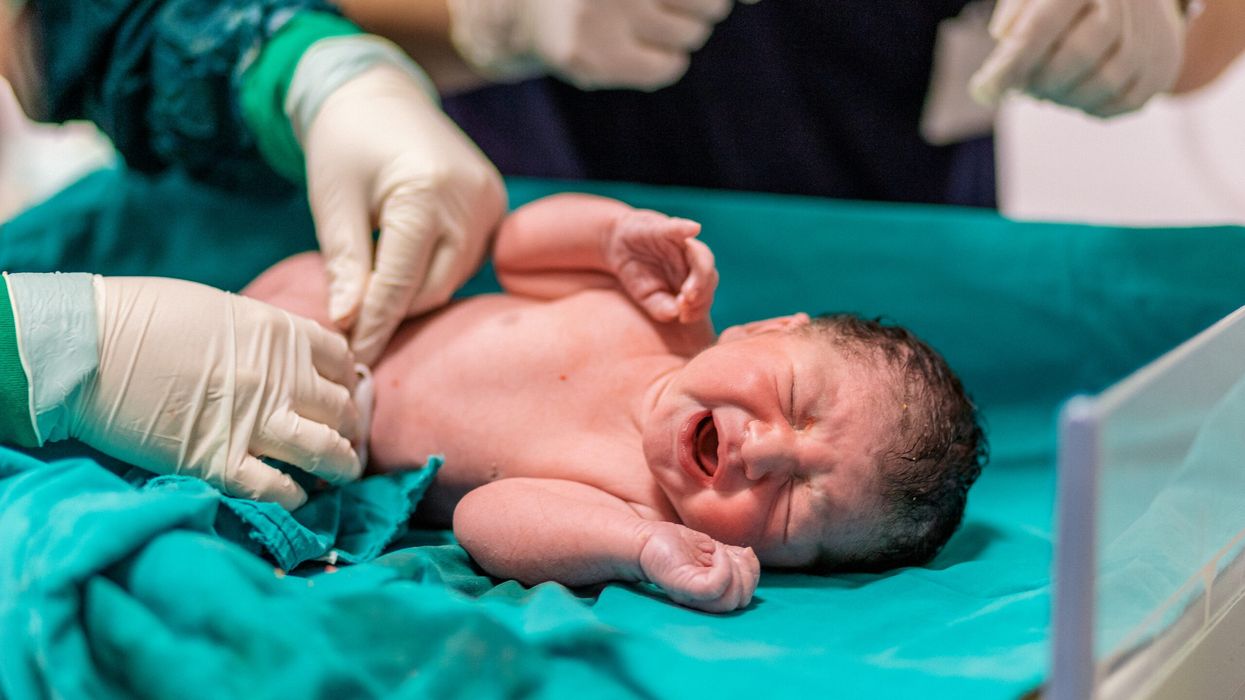The NHS is reviewing its maternity services in north-east London due to pressure from an increasing birth rate.
Women are experiencing more complicated pregnancies and births, driving up the demand for adequate hospital care, according to a report by NHS North-East London (NEL).
Concerns have also been raised over neonatal beds often being full, making “delivering care in the right place and right time” challenging, according to the integrated care board.
Though staff are “hardworking,” they are under increasing pressure.
Chineze Otigbah, a consultant obstetrician at Barking, Havering and Redbridge University Hospitals NHS Trust (BHRUT), said services across north-east London face a “number of challenges.”
She added: “If we continue as we are, we won’t have enough capacity to deliver care where it’s needed in the future. This tells us we need to make some changes, and there are opportunities to ensure our services are safe, high quality, and accessible for all, while meeting growing demand.”
Inequalities across different population groups and communities in the area can impact a woman’s health during pregnancy and affect newborns, the report showed.
NHS NEL found in 2022 that “outcomes were poorer” for black, Asian, and minority ethnic women. A report by the National Maternity and Perinatal Audit found that babies born to south-Asian or black mothers were more likely to be born early and without medical assistance (birth without intervention).
The population of north-east London is currently around two million people. An NHS NEL study from December last year projected an increase of around 300,000 people, an increase of 15%, by 2040. It described the population boom as “by far the largest” in London, equivalent to adding a new borough to the care system’s umbrella.
The Greater London Authority has predicted a 10% population increase in Havering, one of the eight boroughs covered by NHS NEL, over the next twelve years, rising from 262,000 to around 288,000 by 2036. The changing demographics have already begun to strain the suburban borough’s social services.
Ray Morgon, the leader of Havering Council since 2022, told the BBC: “Over a number of years, the demographics in Havering have radically changed. We’ve always been known as an elderly borough—we still are—but what has changed radically is the young persons population.”
He added: “Despite increasing demand for services, budgets have not increased. Equally, the cost of care has rapidly increased.”
NHS NEL, which works with eight borough councils to deliver healthcare, also published a review of its sexual health services this week. It outlined its goals to reduce the number of unplanned and teenage pregnancies over the next five years, as well as the number of abortions and repeat abortions.
The integrated care board plans to increase awareness among residents by making services more available to those with “complicated needs” and ramping up its marketing efforts. It also hopes to reverse the increasing trend of sexually transmitted infections through “effective testing and treatment.”
Residents can complete an online survey on the Case for Change report and how it reflects mothers’ experiences, which will run until September 8. (Local Democracy Reporting Service)
Link to survey: https://northeastlondon.icb.nhs.uk/have-your-say-on-the-future-of-maternity-and-neonatal-care/




